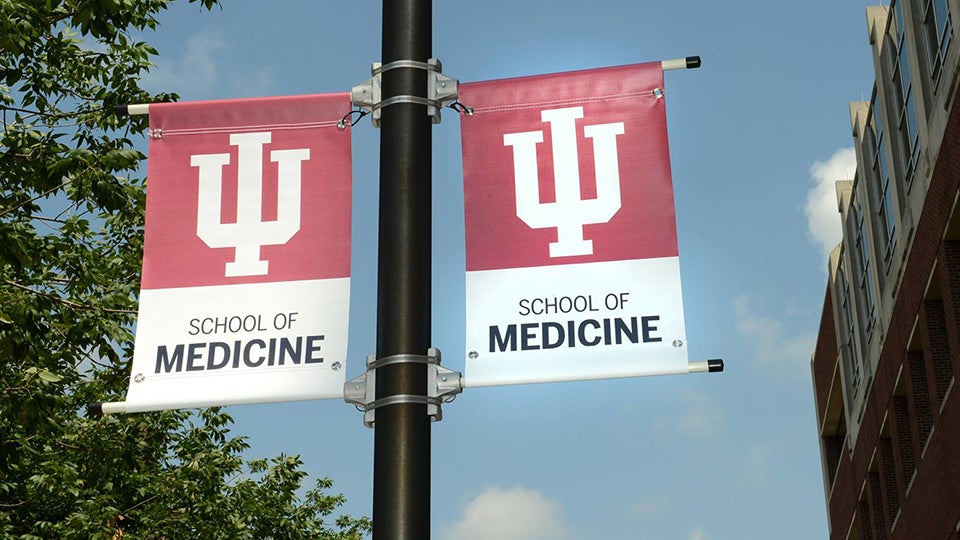IU Med School celebrates another record funding year
INDIANAPOLIS (Inside INdiana Business) — The Indiana University School of Medicine is marking another record year of funding growth. The school says it received more than $189 million in research funding from the National Institutes of Health in the 2019 federal fiscal year, an increase of about $40 million over the previous year. Dean Jay Hess, who is also executive vice president for university clinical affairs at IU, says the continued growth in federal funding showcases how Indiana is contributing to finding solutions to some of the most challenging diseases.
The school says 2019 was the fourth consecutive year it has set a school record for NIH research funding. The NIH is a part of the U.S. Department of Health and Human Services and is the largest biomedical research agency in the world, according to its website.
In an interview with Inside INdiana Business, Hess said the funding helps the school to achieve its goal of improving health in Indiana and beyond.
“We want the IU School of Medicine, along with the whole research community here in Indianapolis and beyond, to be a national contributor to the solutions to these problems,” said Hess. “As our NIH funding rises, it helps us attract top talent here to Indiana and there’s also a tremendous economic benefit; for example, the NIH funding that we bring in is contributing over a half a billion dollars to the Indiana economy.”
The school cites a report from United for Medical Research, which says every $1 million in NIH funding awarded to Hoosier researchers created 18 jobs and $2.8 million in economic activity in 2018. Hess says he believes the school continues to see a growth in NIH funding because of its focus.
“We have prioritized certain disease areas not just to do research in that area, but to be a leader in the country. Secondly, we have a very collaborative environment at the IU School of Medicine so that we collaborate not just internally, but with business partners and other universities in the state. And then finally, we have made recruiting top talent to Indiana a high priority for us. So each new recruit that we bring in that complements the team makes the next recruitment even easier. It’s been a very deliberate and focused strategy since the time I arrived back in 2013.”
IU says the increase in funding brings the IU School of Medicine to 14th out of 92 public medical schools that receive NIH funding, and 28th out of 145 medical schools overall. The school is now ranked fifth in the country in funding from the National Institute on Aging, a branch of the NIH. The school’s pediatrics program is also now ranked sixth among all U.S. departments of pediatrics.
Hess says research on Alzheimer’s disease and pediatric cancer are two of the key areas of study at the IU School of Medicine.
“Over the past several years, we have been building a team of researchers in areas like clinical research in the genetics of Alzheimer’s disease and in developing animal models and most recently, over the summer, received a $36 million grant, one of only two in the country, to pursue drug discover for Alzheimer’s disease here at the School of Medicine,” said Hess. “Our leader of our pediatrics department is a leader in the country in the genetics and treatment of pediatric cancers and he has continued to recruit a team of researchers in this area. We also offer genomic testing for patients, children and adults, with cancer so that therapies can be selected based on their genetic makeup and that’s actually quite advanced here at the School of Medicine and IU Health.”
The IU School of Medicine says its NIH funding has increased more than $80 million, or 70%, over the past four years.



